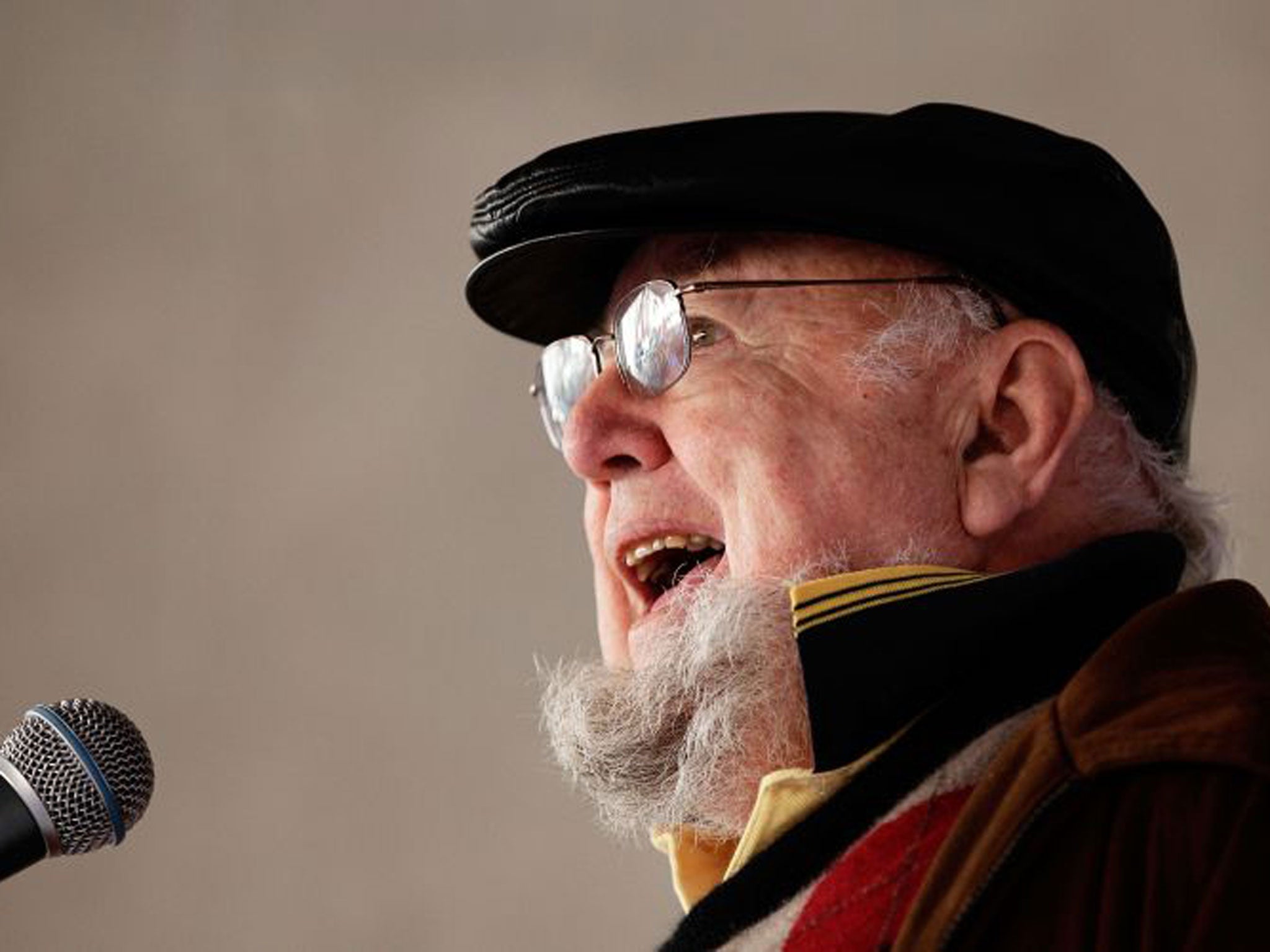Thomas Keneally: 'We used to see ourselves as the Mr Clean of sport'
Author and Manly fan Thomas Keneally reveals his shock at this week’s Australian drug report

Thomas Keneally, the Booker Prize-winning author, recalled how Australians used to watch the Olympics confident in the knowledge that “if our boys and girls won a gold medal, they’d bloody won it... We saw ourselves as the Mr Clean of international sport”.
Like many of his compatriots, Keneally – a lifelong supporter of the Sydney rugby league team Manly Sea Eagles – was unprepared for the bombshell dropped by this week’s Australian Crime Commission report which concluded that drug use is “widespread” among Australian athletes, and organised crime is targeting players, some of whom have been involved in match-fixing.
The novelist and historian, best known for writing Schindler’s Ark, “came home to this astounding news” on Thursday, after attending the Calcutta Book Fair. “If you’re a sports yobbo like me, it’s a cosmos-changing impact,” he said. “We felt that somehow we were above all that. Now we’re all uttering the words of that little kid after the baseball World Series was thrown in 1919: ‘Say it ain’t so, Joe’.”
Naturally, doubts had crept into Australians’ minds over the years, particularly in relation to the big money-spinning sports – cricket and the four football codes – and particularly since the advent of pay television in the mid-1990s.
Nonetheless, a sense of fair play is so ingrained here that many fans convinced themselves that even if their heroes occasionally tarnished themselves, Australian sport was only minimally affected by unsavoury practices.
Now, this week’s report by the country’s top criminal-intelligence body, which undertook a year-long investigation, has blown the scales from their eyes. “We felt pride that our sportsmen were immune from the universal plague of drugs, and when they won we felt a double thrill that they’d done it cleanly,” said Keneally.
He blames doping primarily on “the intensity of the professionalism now, and the intense demands on the human body”.
“These games, rugby league above all, used to be played by men of ordinary musculature who had jobs during the week, not by these full-time gladiatorial people. The impacts we see now are ferocious, and it often worried me, even before all this came out, that there would be a hell of a temptation to take shortcuts and find some sort of chemical answer to the problem.”
Match-fixing, meanwhile, Keneally attributes to “exotic betting”, which he calls “an invitation to corruption”. He adds: “Any country that permits it is going to undermine the morality of their sport, and we’ve been stupid enough to do it because our governments are addicted to gambling revenue.”
And now? “I’m just bewildered and anxious, and I hope I can remain a believer in the idea that there’s some connection between the contests of the Bradman era and those of today. But it’s the end of that period of innocence. We’re leaving the Garden of Eden for the Garden of Chemical Cultures.”
Join our commenting forum
Join thought-provoking conversations, follow other Independent readers and see their replies
Comments
Bookmark popover
Removed from bookmarks